Economic Aid for Millennials: Stimulus Checks, Student Loan Relief and More
The coronavirus pandemic is killing our economy, and millennials are being hit particularly hard.


The coronavirus pandemic is killing our economy, and millennials are being hit particularly hard. Financially speaking, the generation is one of the most vulnerable groups, because they haven't had as much time to advance their careers or build up enough wealth to survive tough times.
[EMBED TYPE=WIDGET ID=927]
There is help available, though. The Coronavirus Aid, Relief, and Economic Security (CARES) Act created or enhanced a number of relief programs. Other federal government stimulus measures provide money for down-and-out Americans, too. For the millennials out there who are sick, out of work, or otherwise suffering financial hardship because of the coronavirus, these programs can help you get back on your feet as quickly as possible. To that end, here are 7 of the most important economic relief measures for millennials. The country needs you financially strong and back at work contributing with your creativity, entrepreneurial spirit, and tech savviness.
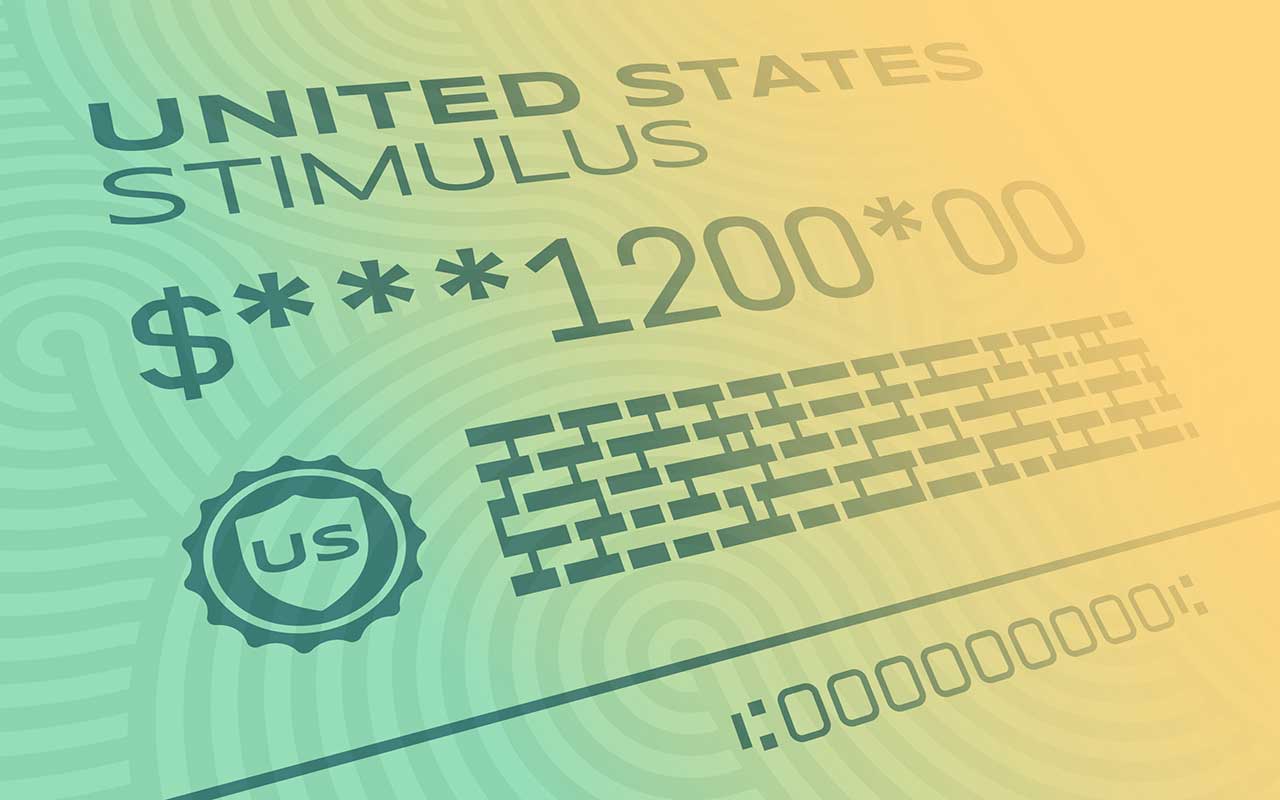
Stimulus Checks
Most, but not all, millennials are getting a $1,200 stimulus check. Millennials with children age 16 and younger will also get an additional $500 per child in their stimulus check. The idea behind these payments is to flood the economy with cash so that people can pay their bills and to boost consumer spending.
Your stimulus check will be reduced—possibly down to zero—if your income is above a certain amount (based on your 2018 or 2019 tax return, whichever one you filed most recently). For single millennials, the phase-out starts if your adjusted gross income (AGI) is above $75,000. If you're married and file a joint tax return, you'll lose some or all your stimulus payment if your AGI is above $150,000. If you claim the head-of-household filing status on your tax return, your payment will be reduced if your AGI exceeds $136,500. (Use our Stimulus Check Calculator to find out how much you will get.)
Millennials who don't file a tax return (or receive certain federal government benefits) can go to the IRS's web-based portal for non-filers and provide the IRS with the information it needs to cut you a stimulus check. You can also provide your bank account information if you want to have your payment deposited directly into your account. (For more information, see How to Get a Stimulus Check if You Don't File a Tax Return).
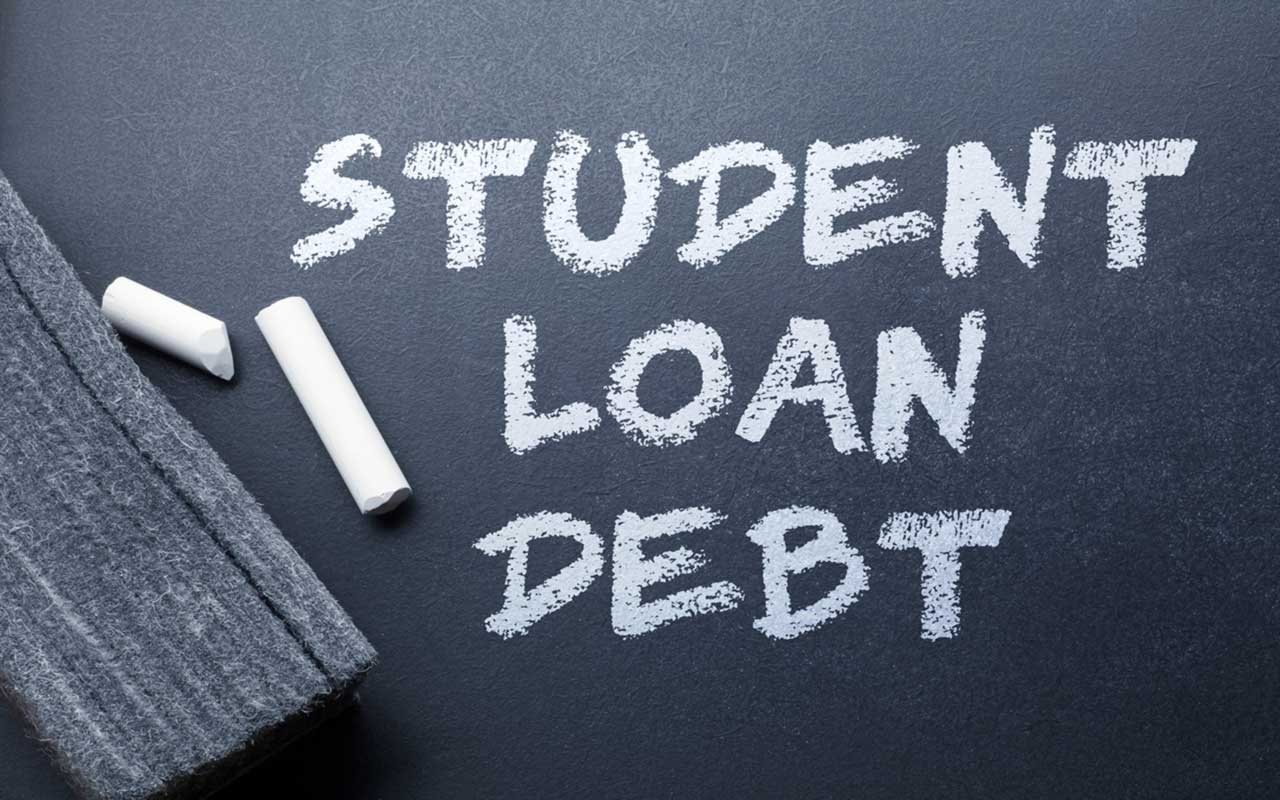
Student Loan Deferrals
Unfortunately, many millennials are struggling to paying off student loans. That can be a heavy financial burden in the best of times. During an economic downturn, it can drag you under water. Lawmakers recognize this, and that's why the CARES Act defers student loan payments until September 30, 2020, without penalty or interest for all federally owned loans. This covers over 95% of student loan borrowers. Collection activities against borrowers who were already behind on payments are also suspended.
In addition, students (including grad students) who leave school for a coronavirus-related reason will also have student loan obligations cancelled and won't have to return grants. Likewise, students participating in work-study programs will still be paid if they're unable to fulfill their obligations because of the coronavirus pandemic. For students who drop out of school because of the coronavirus, their grades also won't affect the academic requirements to continue receiving Pell Grants or student loans.
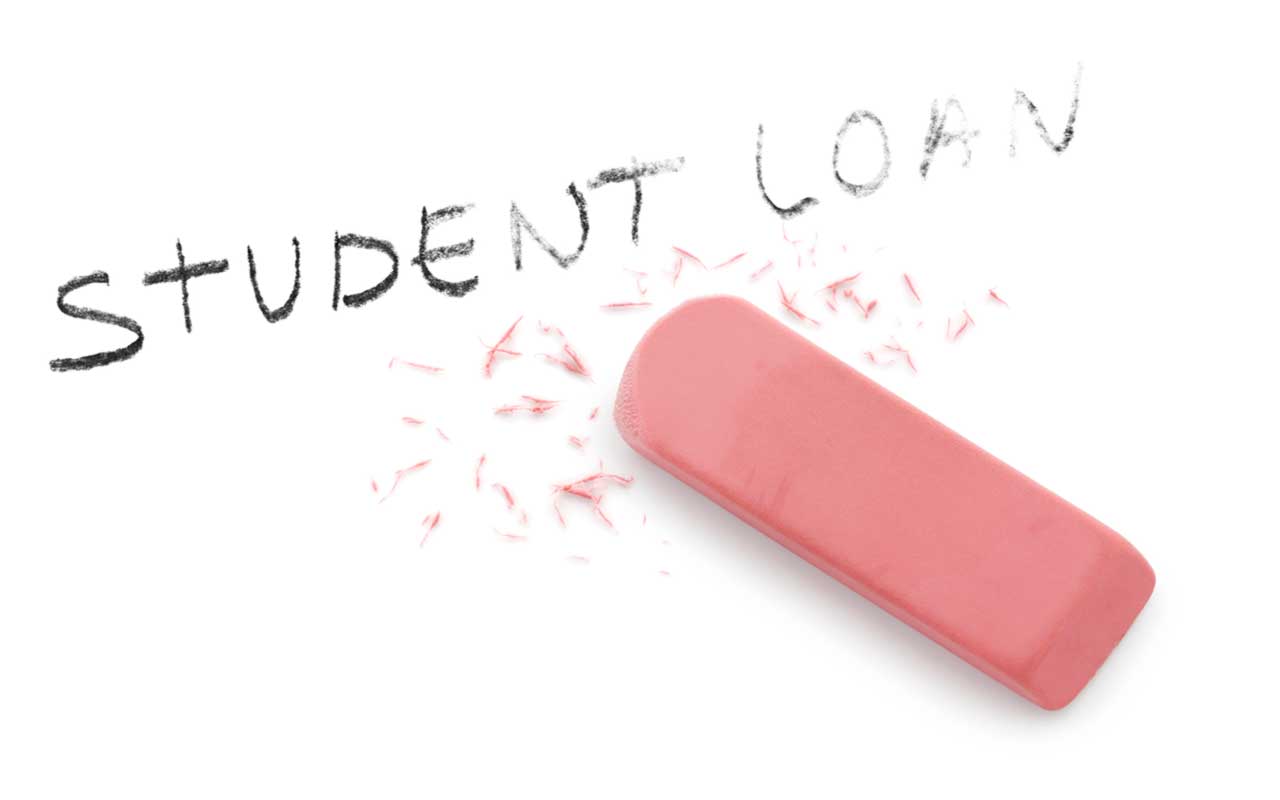
Student Loan Payments by Your Employer
Some lucky millennials work for companies that will pay some of their student loan. If your employer pays some of your student debt through the end 2020, you won't have to pay taxes on up to $5,250 of that benefit. The $5,250 cap applies to both student loan repayment benefits and other educational assistance (e.g., tuition, fees, books, etc.) offered by your employer under current law.
You can't, however, claim a deduction for interest paid on student loans for the amount paid by your employer and excluded from your taxable income.
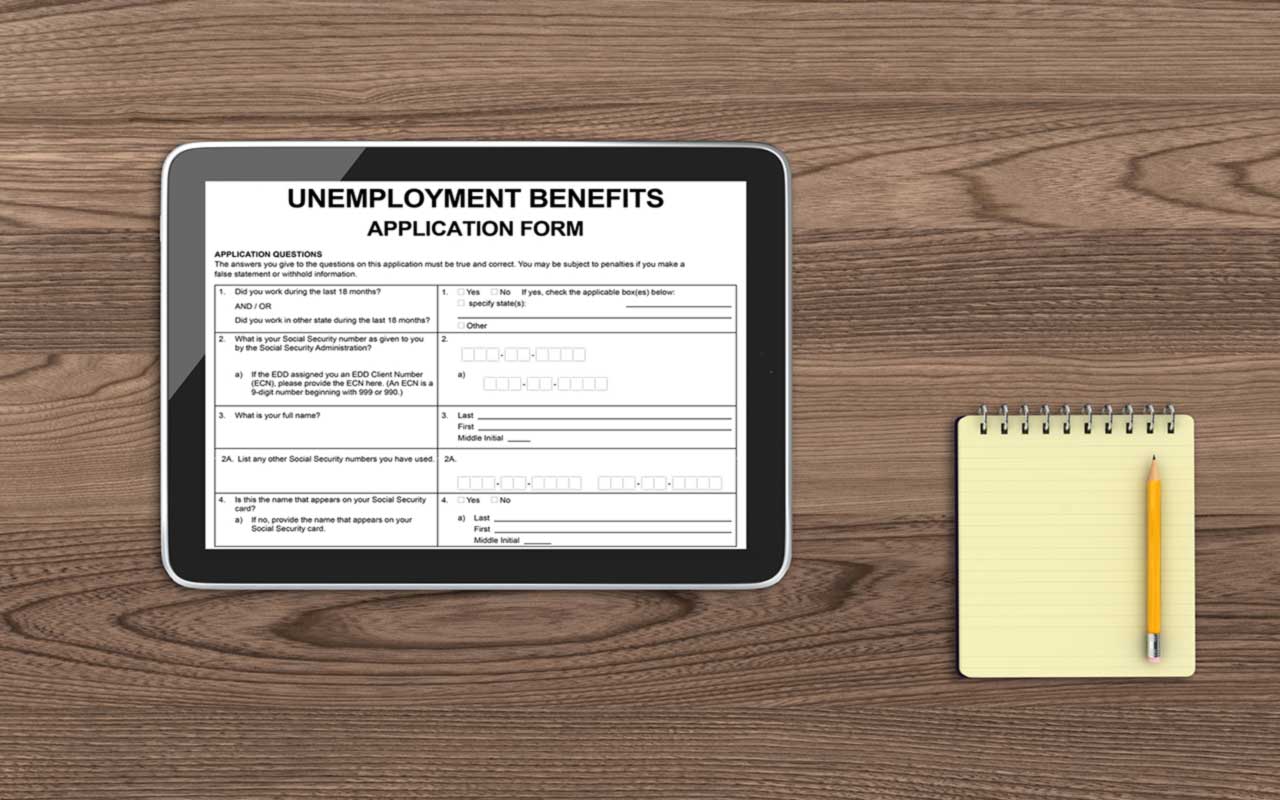
Enhanced Unemployment Benefits
Millennials have been hit particularly hard by the recent wave of coronavirus-related layoffs. That's at least partly because many of industries hit hardest by the pandemic (e.g., restaurants and retailers) tend to hire more people from this age group. To address this growing crisis, the federal government has provided more funding for unemployment compensation.
First, the Families First Coronavirus Response Act pumps an additional $1 billion into the unemployment compensation system to ease the burden on states processing and paying unemployment benefits. States with greater unemployment increases will receive more funds, and employers are encouraged to reduce the number of hours worked by employees in lieu of layoffs. States are also directed to ease eligibility requirements and access to unemployment benefits for workers who do lose their job. The federal government will also pay 100% of coronavirus-related extended unemployment compensation, instead of the usual 50%. Many millennials who lose their job because of the coronavirus outbreak will benefit from these changes.
The CARES Act provides even greater benefits. For example, it provides up to 39 weeks of unemployment benefits for self-employed people, independent contractors, and others out of work because of the coronavirus pandemic who don't otherwise qualify for benefits. Weekly unemployment checks are also increase by $600 through July. The federal government is also reimbursing states for the first week of unemployment benefits until the end of the year (states normally impose a one-week waiting period before paying benefits). An additional 13 weeks of benefits is included, too.
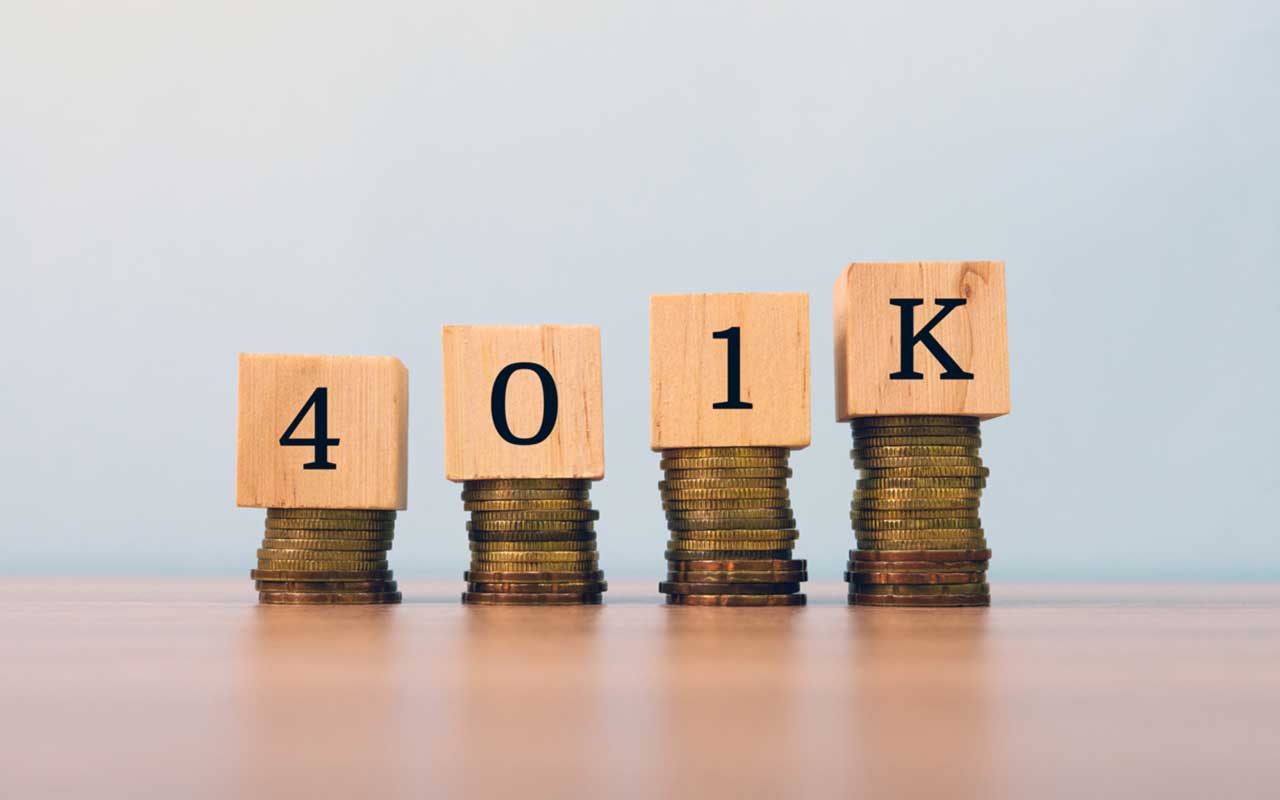
Withdrawals from Retirement Accounts
Thanks to the CARES Act, it's easier for millennials with a retirement account, such as a 401(k) plan or IRA, to withdraw money from their retirement savings if they're impacted by the coronavirus. But let's be perfectly clear—we do not recommend draining your retirement account unless you're completely out of other options. You will need that money later in life.
Normally, anyone younger than 59½ who withdraws money from a retirement account is hit with a 10% penalty. That's in addition to the taxes you'll have to pay on the amount you take out. If you want to borrow from a 401(k) plan, you can only take out 50% of your account balance, up to $50,000. Plus, most loans must also be repaid within five years.
The CARES Act includes a number of provisions that make withdrawing money out of a retirement account (up to $100,000) cheaper if you're infected by the coronavirus, have family members who catch it, or experience adverse financial consequences because of it. First, the 10% penalty for withdrawals by people age 59½ or younger is waived if you're affected by the virus. Taxes on withdrawals by people affected by the coronavirus will also be spread out over three years. You can also recontribute the money to an eligible retirement plan within three years, without regard to that year's cap on contributions, and have it treated as a tax-free rollover.
In addition, the amount a person affected by the coronavirus can borrow from a 401(k) plan is doubled from $50,000 to $100,000, and repayment requirements are relaxed.

Paid Sick and Family Leave
Nobody wants sick or potentially infected people going to work simply because they don't want to miss a paycheck. To address this concern, the federal government expanded paid sick and family leave laws for many workers affected by the coronavirus outbreak. Under the new rules, employers with fewer than 500 workers are required to provide up to 80 hours of paid sick leave to employees affected by the virus. Workers can take paid leave if they are sick or quarantined, or if they have to stay home to care for someone else. Leave can also be taken to care for minor children who are home from school. Full pay is available for workers who are sick or quarantined (up to $511 per day), but workers taking qualified sick leave for other reasons only get two-thirds of their normal wages (up to $200 per day).
Existing Family and Medical Leave Act (FMLA) rules were also expanded to cover a worker's absence to care for a child home from school or daycare. After 10 days away from work, employees will receive two-thirds of their regular salary while on coronavirus-related FMLA leave. However, this pay is limited to $200 per day ($10,000 in total). The expanded FMLA provisions generally apply to employers with fewer than 500 employees.

Tax Credits for the Self-Employed
Millennials are an entrepreneurial group. That means there are a lot of self-employed millennials out there. While they don't get the same sick and family leave benefits available to employees, self-employed people do get two new tax credits tied to the amount of time they can't work because of the coronavirus outbreak.
The sick leave credit compensates self-employed people for up to 10 days away from their business for a reason that would entitle them to coronavirus-related sick leave if they were employees. The family leave credit covers up to 50 days away from work for any reason that would qualify an employee for coronavirus family leave. Both credits have limits based on the business owner's average daily self-employment income and specific reason for missing work.
For more information, see Tax Credits Included in Coronavirus Paid Leave Law.
Profit and prosper with the best of Kiplinger's advice on investing, taxes, retirement, personal finance and much more. Delivered daily. Enter your email in the box and click Sign Me Up.
Rocky Mengle was a Senior Tax Editor for Kiplinger from October 2018 to January 2023 with more than 20 years of experience covering federal and state tax developments. Before coming to Kiplinger, Rocky worked for Wolters Kluwer Tax & Accounting, and Kleinrock Publishing, where he provided breaking news and guidance for CPAs, tax attorneys, and other tax professionals. He has also been quoted as an expert by USA Today, Forbes, U.S. News & World Report, Reuters, Accounting Today, and other media outlets. Rocky holds a law degree from the University of Connecticut and a B.A. in History from Salisbury University.
-
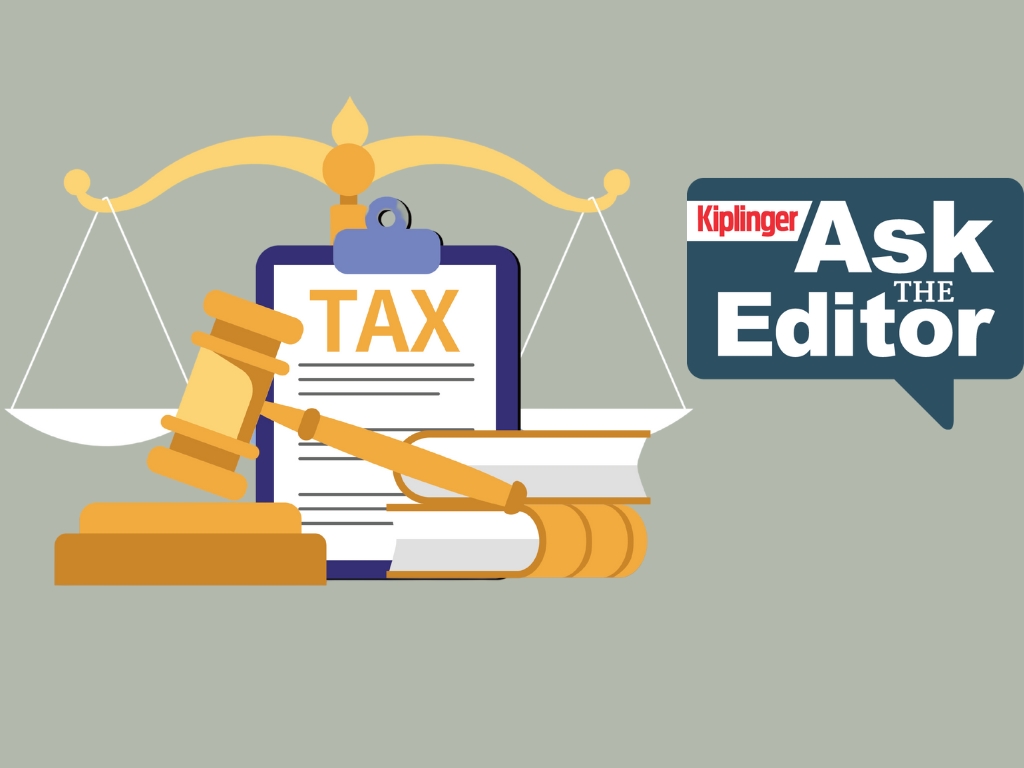 Ask the Editor, July 4: Tax Questions on Inherited IRAs
Ask the Editor, July 4: Tax Questions on Inherited IRAsAsk the Editor In this week's Ask the Editor Q&A, we answer tax questions from readers on the rules on inheriting IRAs.
-
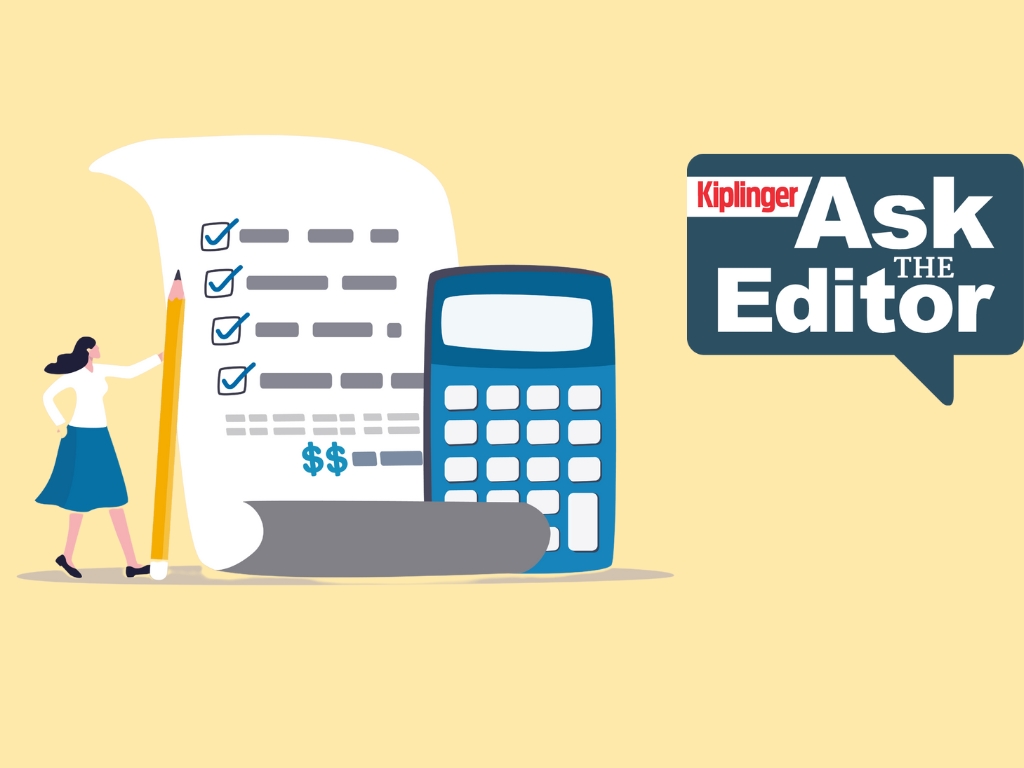 Ask the Editor, June 27: Tax Questions on Disaster Losses, IRAs
Ask the Editor, June 27: Tax Questions on Disaster Losses, IRAsAsk the Editor In this week's Ask the Editor Q&A, we answer tax questions from readers on paper checks, hurricane losses, IRAs and timeshares.
-
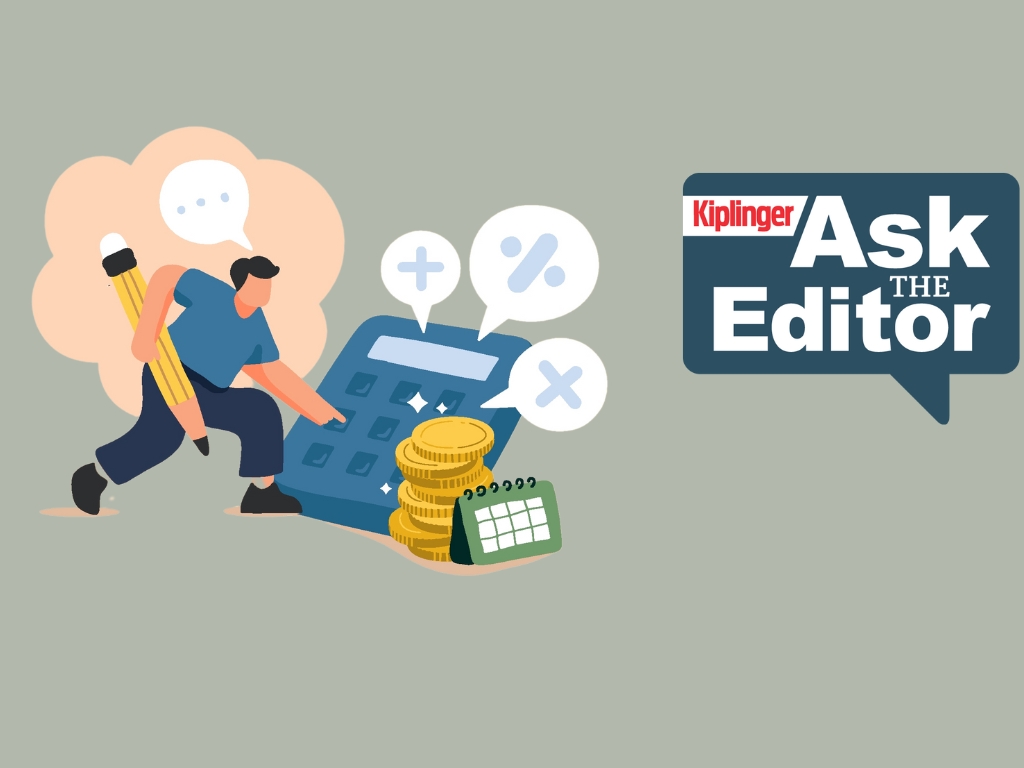 Ask the Editor, June 20: Questions on Tax Deductions and IRAs
Ask the Editor, June 20: Questions on Tax Deductions and IRAsAsk the Editor In our latest Ask the Editor round-up, Joy Taylor, The Kiplinger Tax Letter Editor, answers four questions on deductions, tax proposals and IRAs.
-
 Ask the Editor, June 6: Questions on Hobby Losses, Medicare
Ask the Editor, June 6: Questions on Hobby Losses, MedicareIn our latest Ask the Editor round-up, Joy Taylor, The Kiplinger Tax Letter Editor, answers questions on hobby losses, I bonds and Medicare premiums.
-
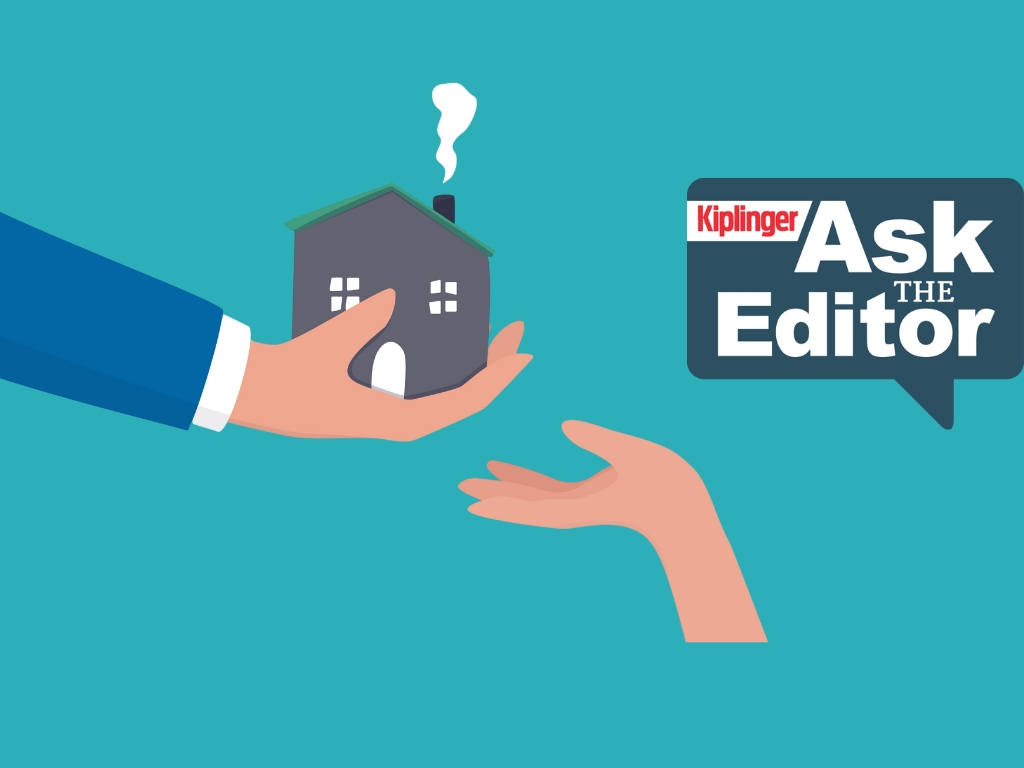 Ask the Editor, May 23: Reader Questions on Gifts, Estate Tax
Ask the Editor, May 23: Reader Questions on Gifts, Estate TaxIn this week's Ask the Editor Q&A, we answer tax questions from readers on gifts, the estate tax and stepped-up basis upon death.
-
 Ask the Editor, May 9 — Reader Questions on QCDs
Ask the Editor, May 9 — Reader Questions on QCDsIn our latest Ask the Editor round-up, Joy Taylor, The Kiplinger Tax Letter Editor, answers questions on qualified charitable distributions (QCDs).
-
 Ask the Editor, May 4 — Questions on Tax Deductions, Losses
Ask the Editor, May 4 — Questions on Tax Deductions, LossesIn our Ask the Editor series, Joy Taylor, The Kiplinger Tax Letter Editor, answers readers' questions on tax deductions and losses.
-
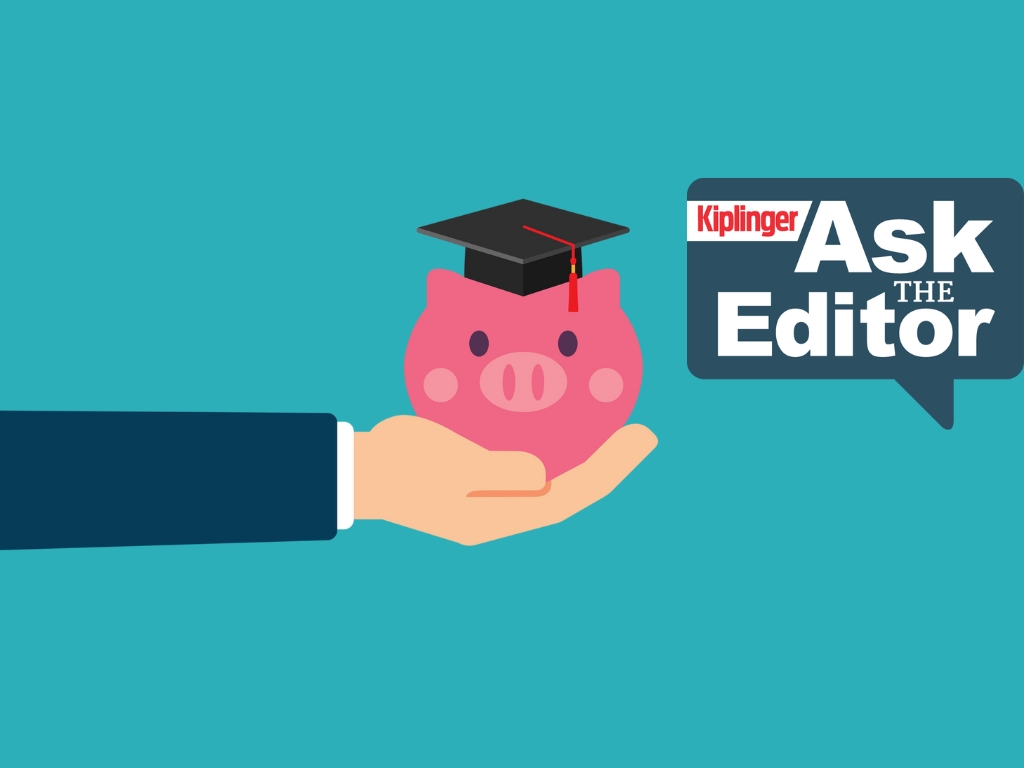 Ask the Editor: Reader Questions, April 25 — 529 plans
Ask the Editor: Reader Questions, April 25 — 529 plansIn our latest Ask the Editor round-up, Joy Taylor, The Kiplinger Tax Letter Editor, answers questions related to 529 plans.



